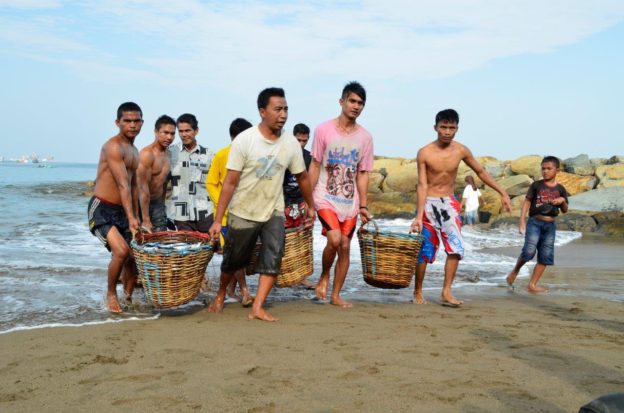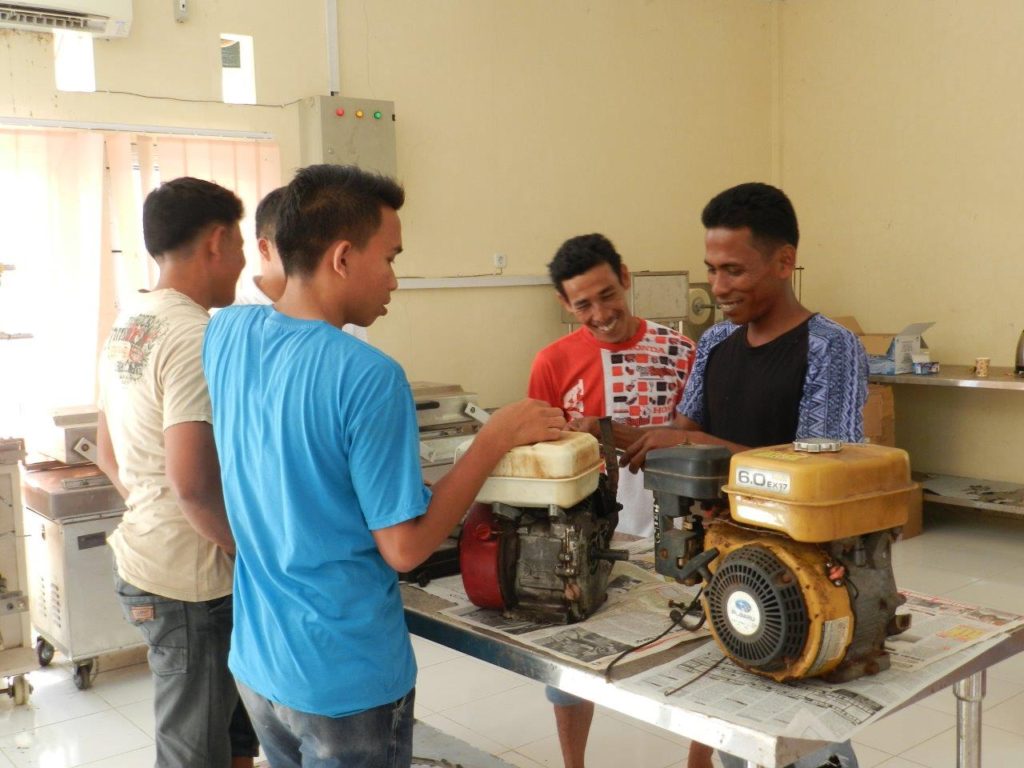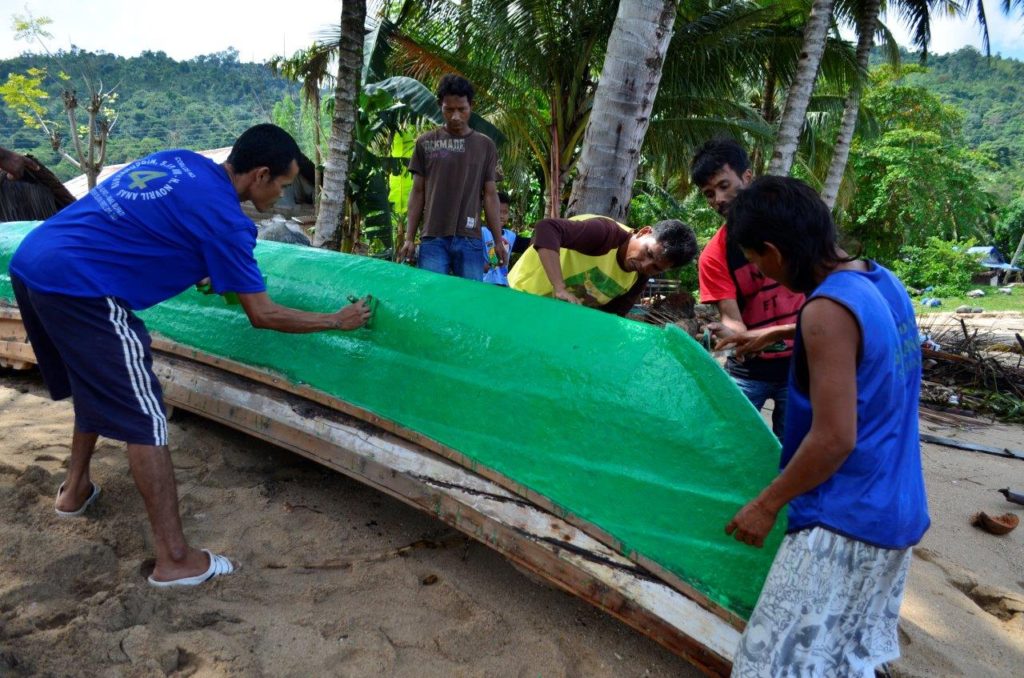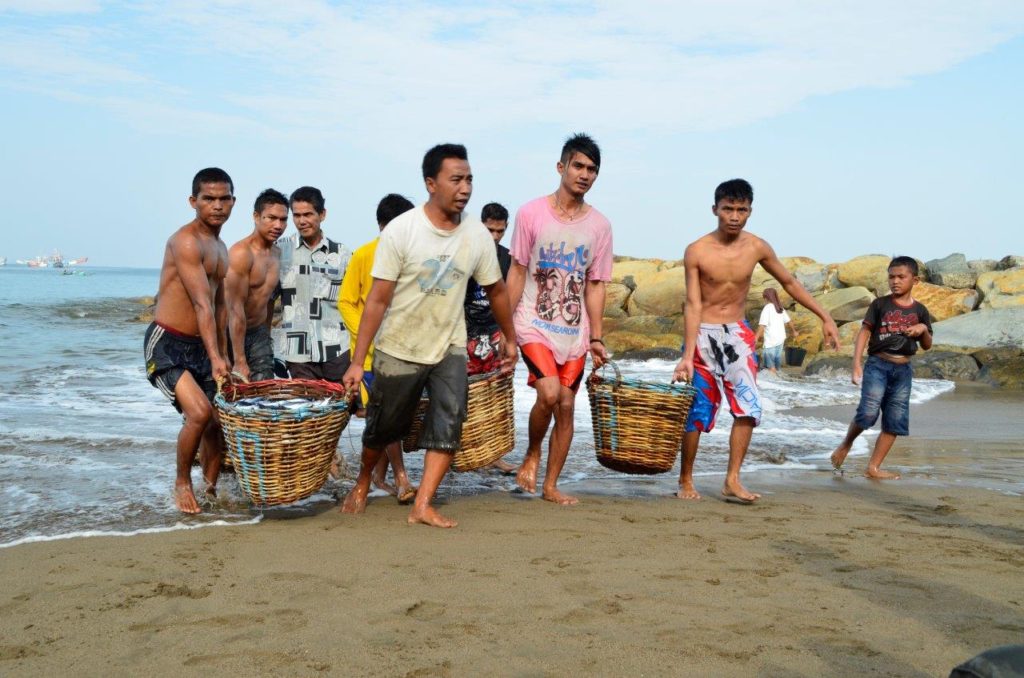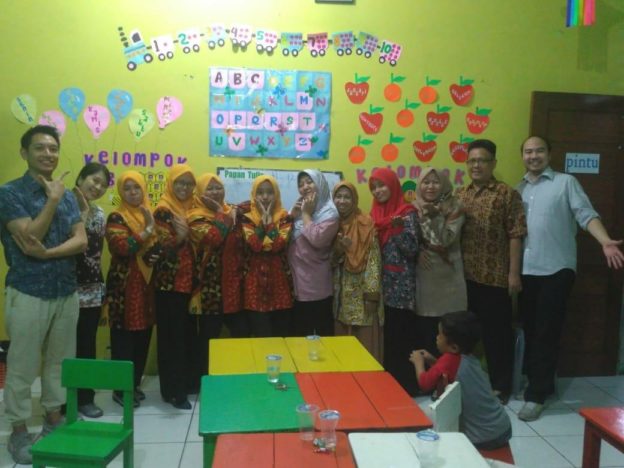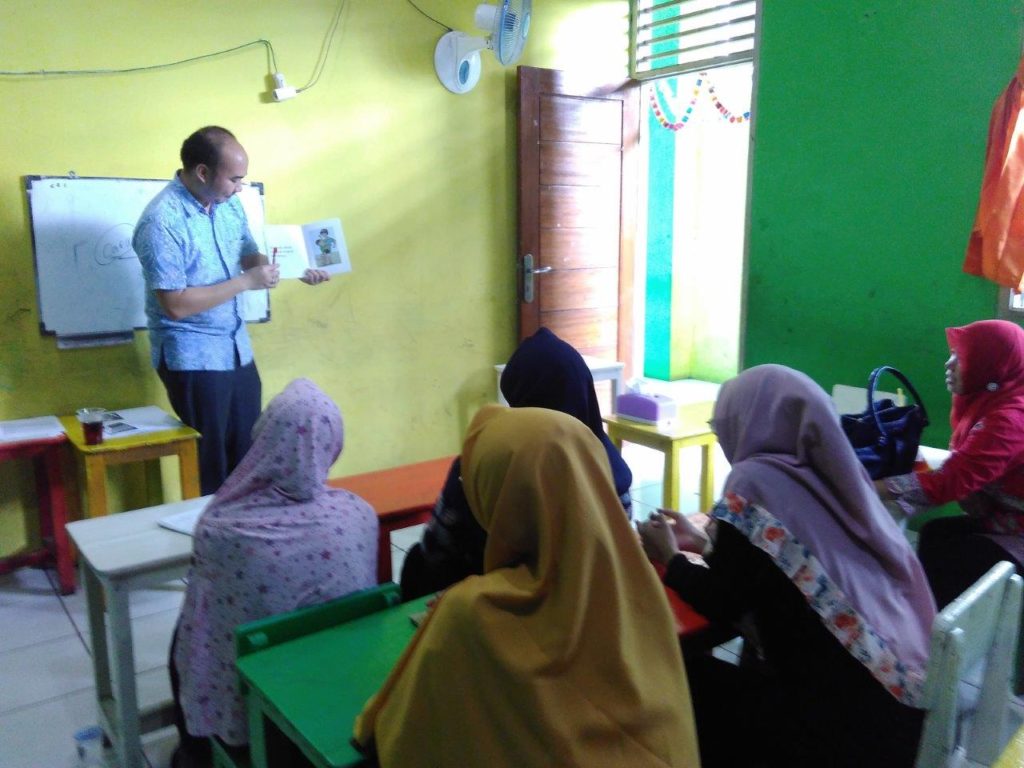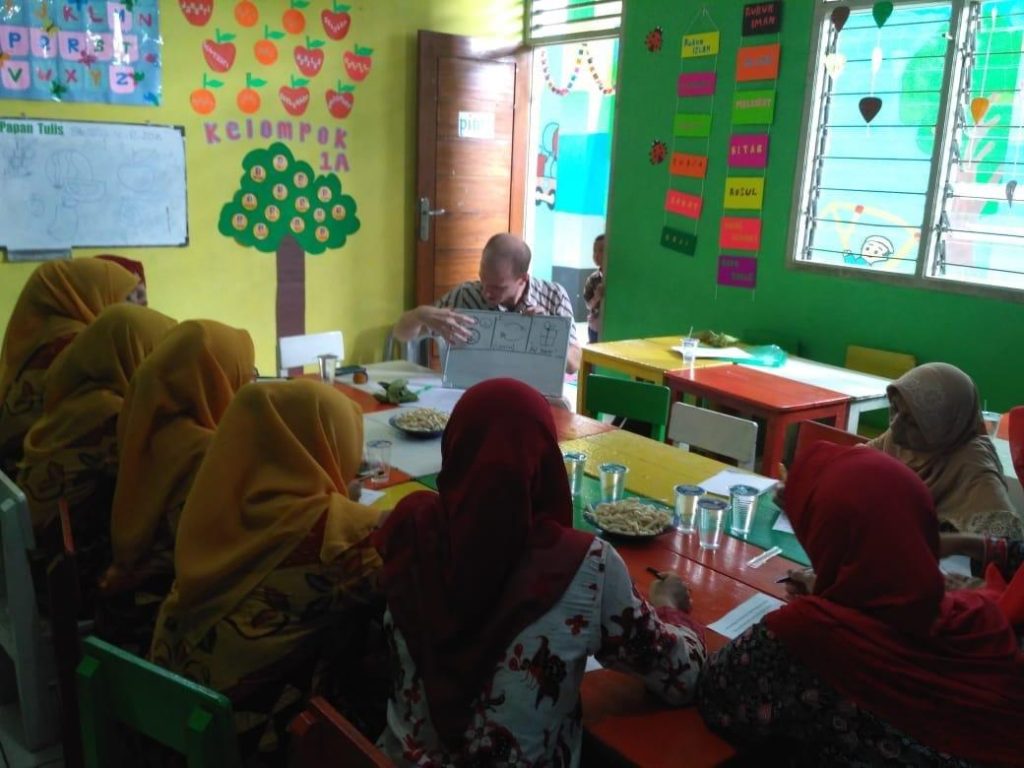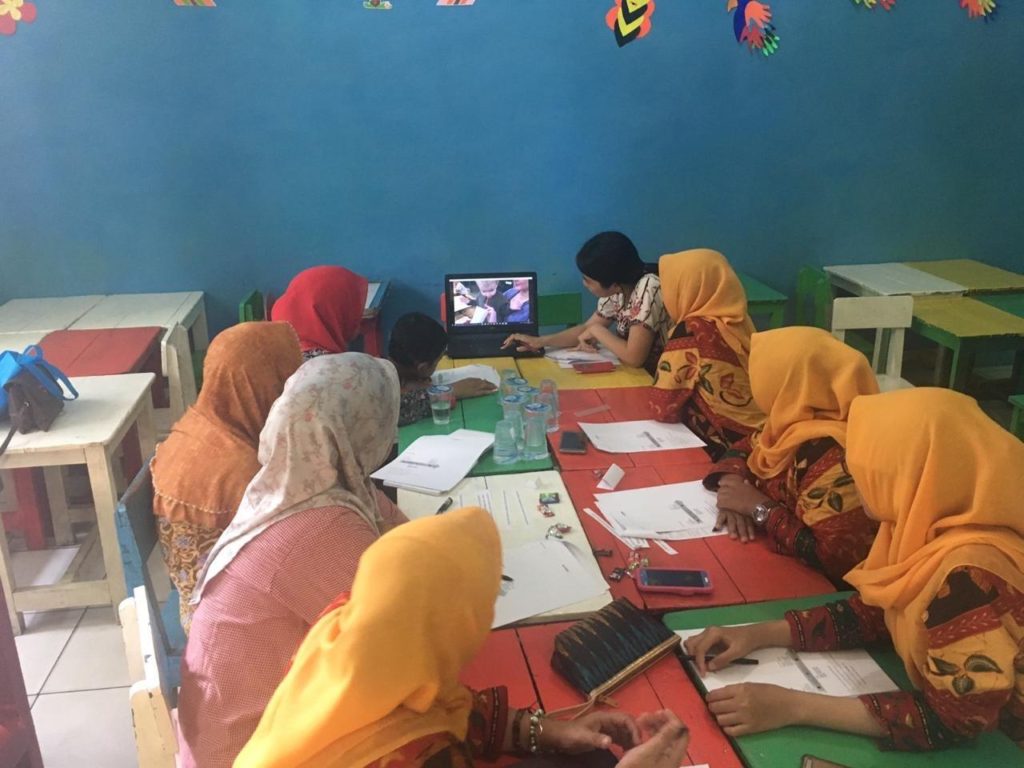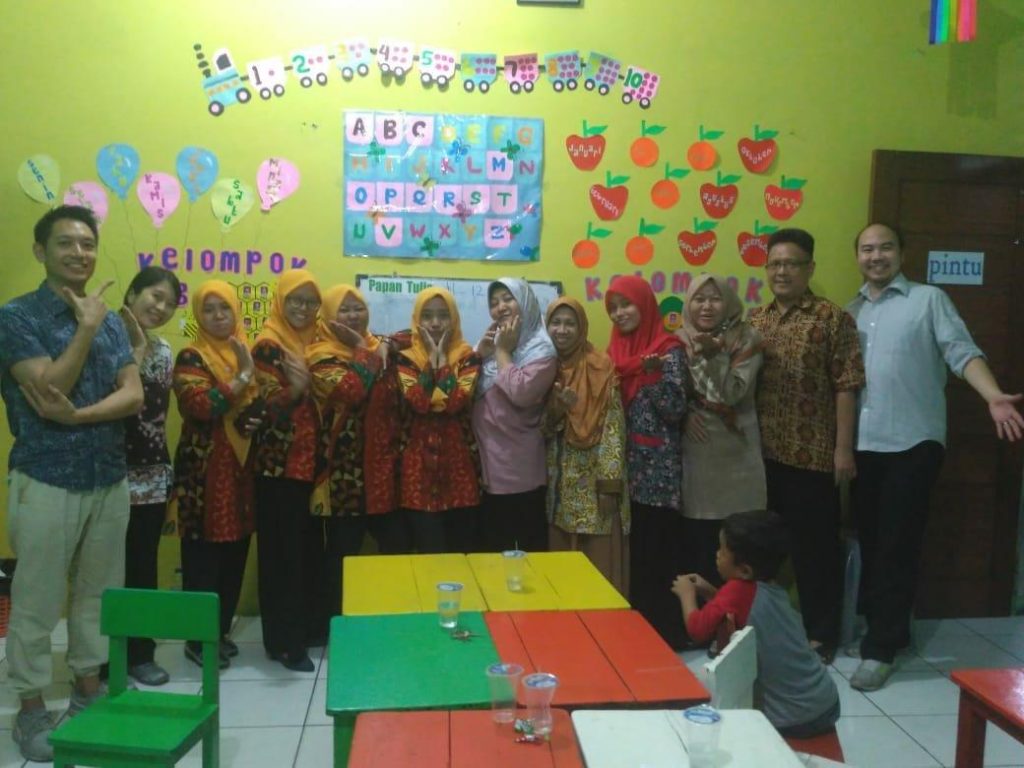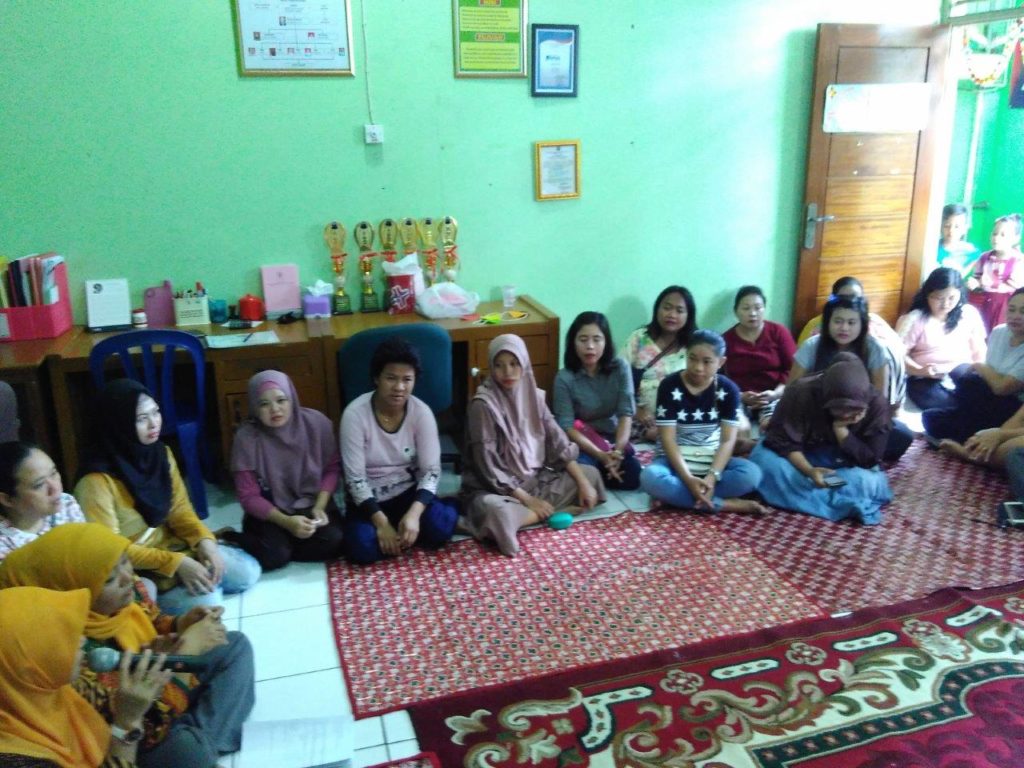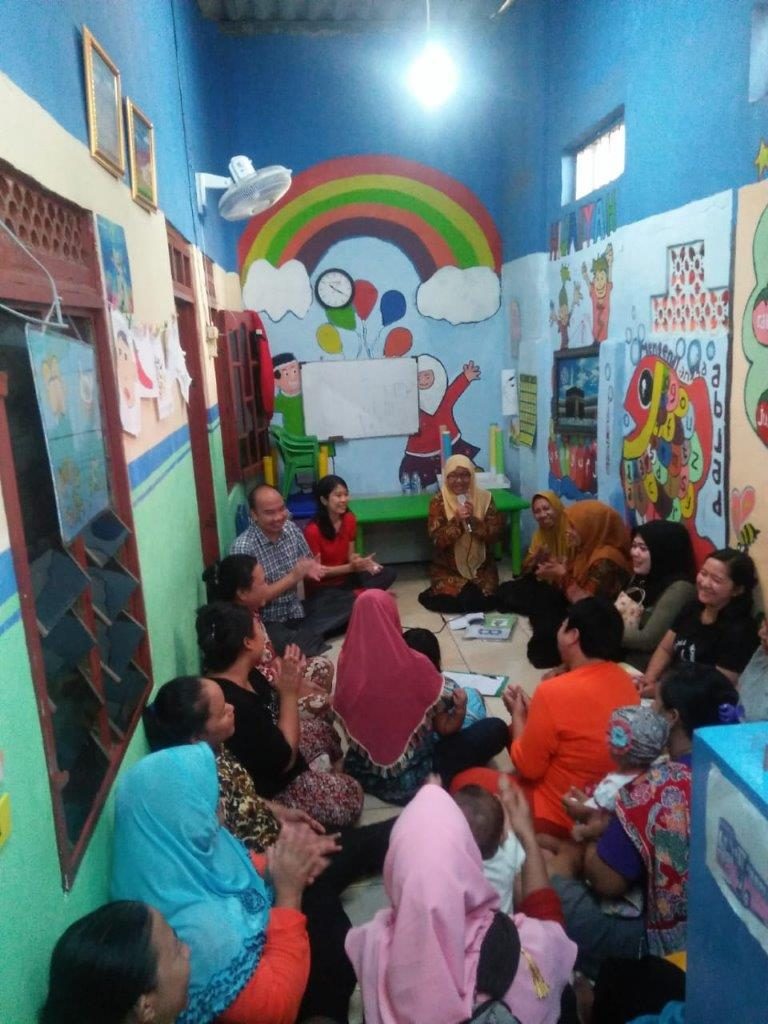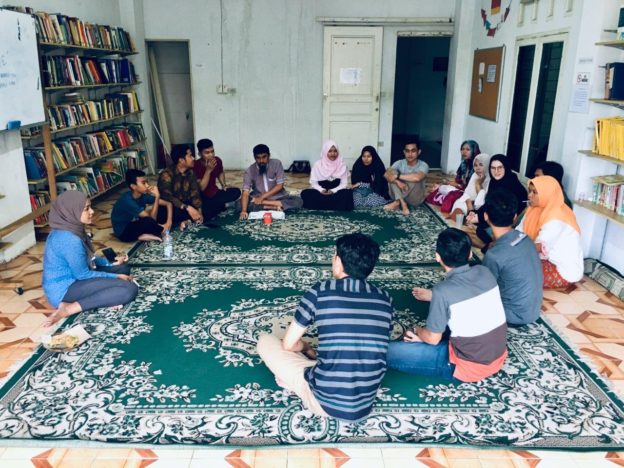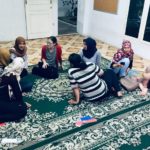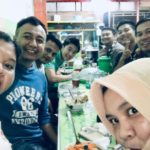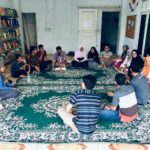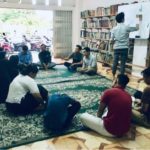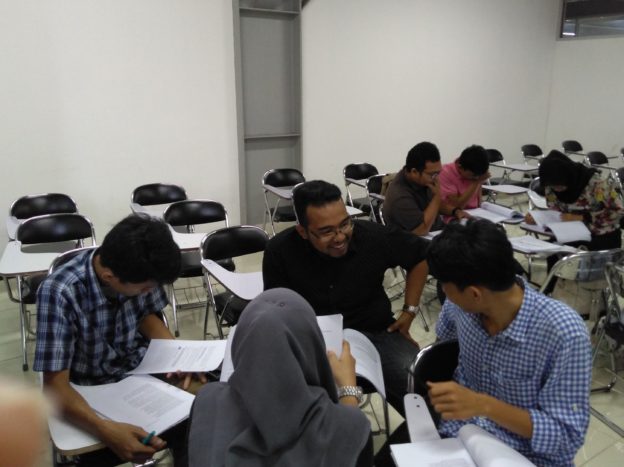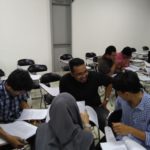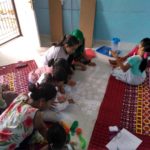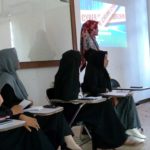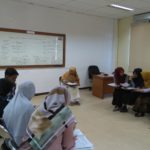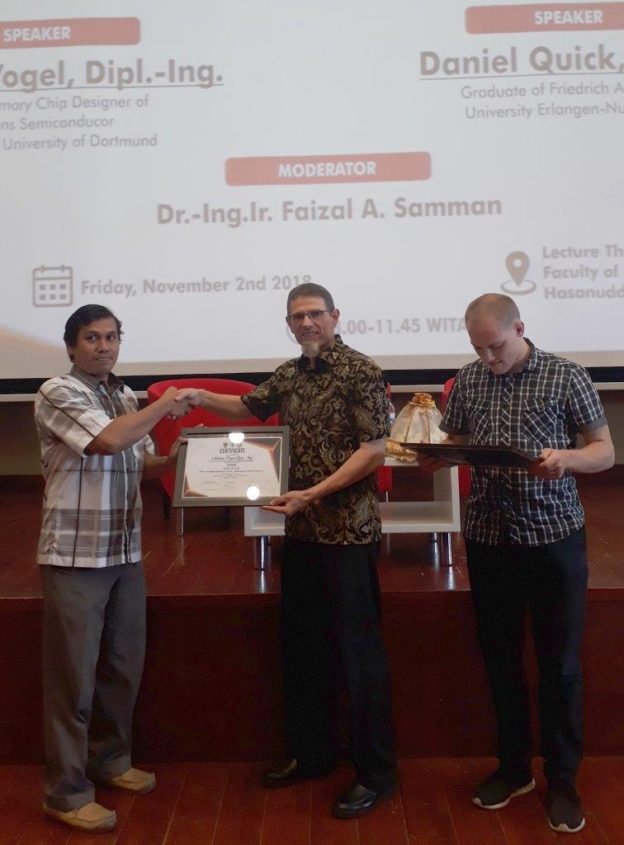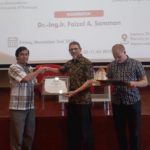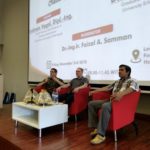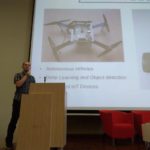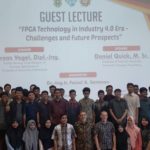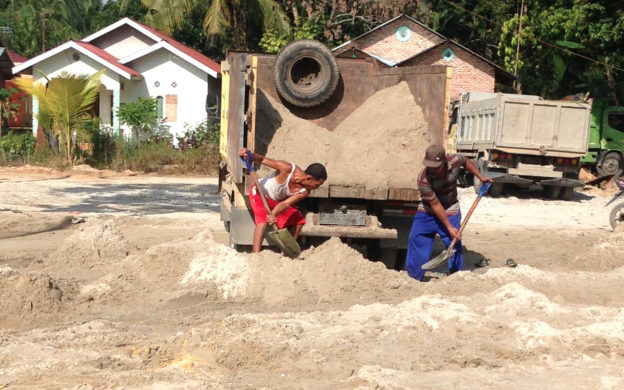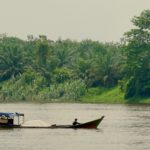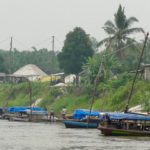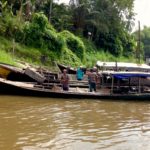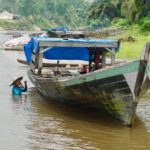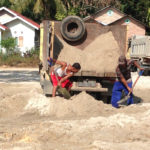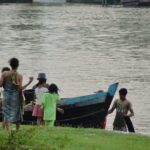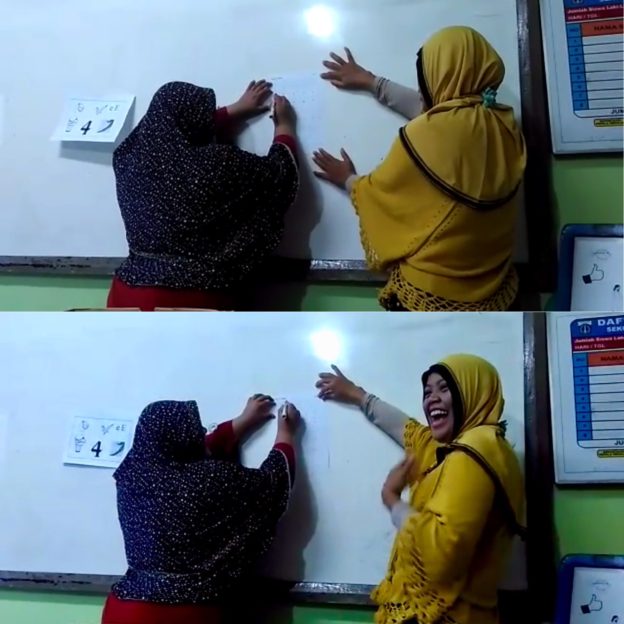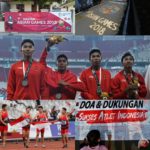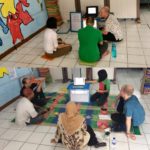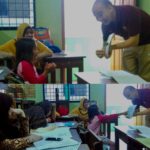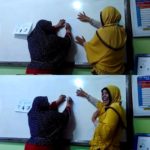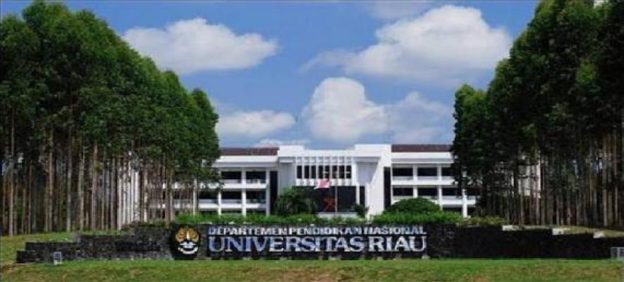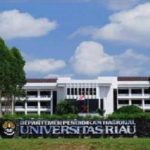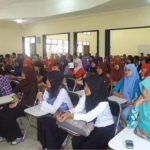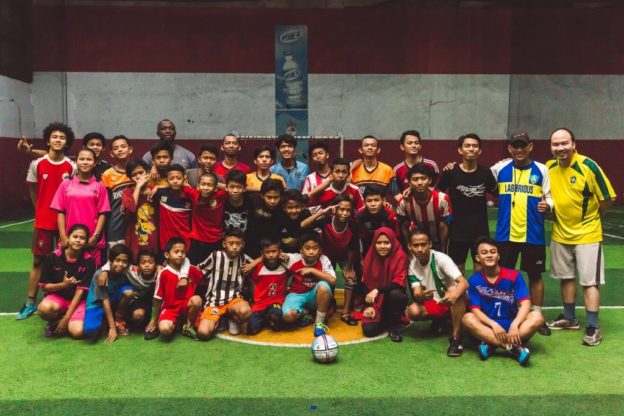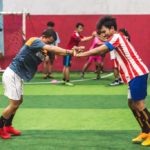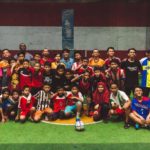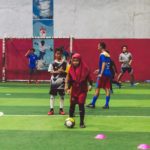One of the biggest challenges facing fishing communities is uncertainty. They live at the mercy of storms, stocks and prices. When the fish are close inshore and the weather is fair there is good money to be made until the market gets flooded. When the storms come, prices rise but boats can’t go out to sea and it is fishermen’s houses that get flooded. Wildly fluctuating income makes saving difficult and can lead to a debt cycle that local people call “digging a hole- filling a hole”.
Coupled with this, surveys in one coastal community confirmed that the majority of young fishermen have a lot of unproductive time. They fish from 4-9 am and then many are happy to sit around for the rest of the day. A few are looking for supplementary jobs. And even smaller few have business ideas already.
Are there ways to break this cycle of debt and increase productivity? Yes, but it is not easy. SEEDS, in conjunction with several local partners have been trialling a business-based approach to the problem. Young men are trained in both the practical skills and the character necessary to succeed in business. Marketing, simple accountancy, cash flow, loans, honesty, integrity and cooperation are all covered in 19 ‘hands-on’ lessons, designed for people who did not complete high school. Participants finish by writing a business plan and pitching their plan. One young man opened a boat repair business on the back of this training and he is being mentored to make this a success. By diversifying his income he is much less vulnerable to the storms, stocks and prices.
Not everybody wanted to join the training; many young men would rather play dominos! But for motivated individuals training such as this provides a real opportunity. That’s why SEEDS plans to roll this entrepreneurship training out in several more villages this year.

